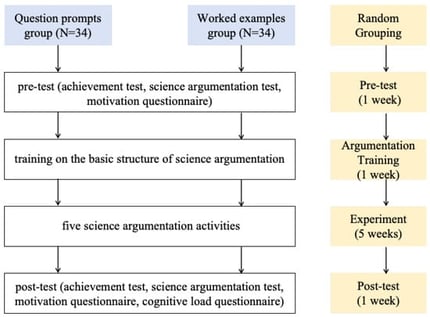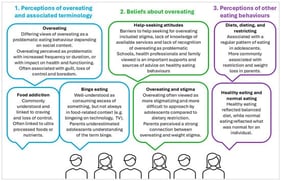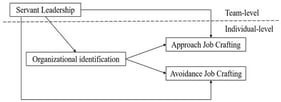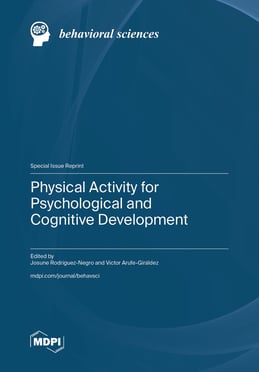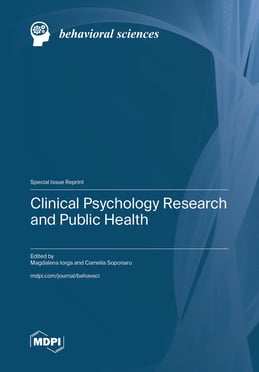- Article
The Effects of Question Prompts and Worked Examples on Primary School Students’ Scientific Achievement, Argumentation Skills, Motivation, and Cognitive Load
- Chang Xu,
- Jinghan Zhu and
- Yafeng Zheng
- + 1 author
It has been widely demonstrated that primary school students face cognitive obstacles in scientific argumentation and often employ ineffective strategies. Scaffolding can effectively guide the scientific argumentation process, enhance its logical rigor, and facilitate students’ reflective thinking during argumentation. The purpose of this study is to examine the effects of question prompts and worked examples on primary school students’ scientific argumentation skills, alongside their scientific achievement, learning motivation and cognitive load. Using a quasiexperimental design, this study involved 68 fourth-grade students and compared the effects of two types of scaffolding: question prompts and worked examples. The results show that both scaffolding strategies exerted positive effects on students’ scientific argumentation skills, scientific achievement and learning motivation. More importantly, the worked examples were significantly more effective than the question prompts in enhancing scientific argumentation skills, particularly in terms of evidence integration and logical reasoning, and they provided greater assistance to students with low levels of prior knowledge. Finally, the worked examples group exhibited significantly lower extraneous cognitive loads than the question prompts group did. This study provides empirical evidence for optimizing the scaffolding design of primary scientific argumentation teaching, confirming that worked examples offer more efficient and adaptive support for novice learners in primary schools in a short time period. From a long-term developmental perspective, it is necessary to gradually fade the support of worked examples and transition to question prompts in scientific argumentation instruction, so as to prompt students to invest more cognitive effort and foster their independent argumentation and critical thinking abilities. These findings have important implications for advancing science curriculum reform and designing targeted instructional interventions.
27 February 2026



